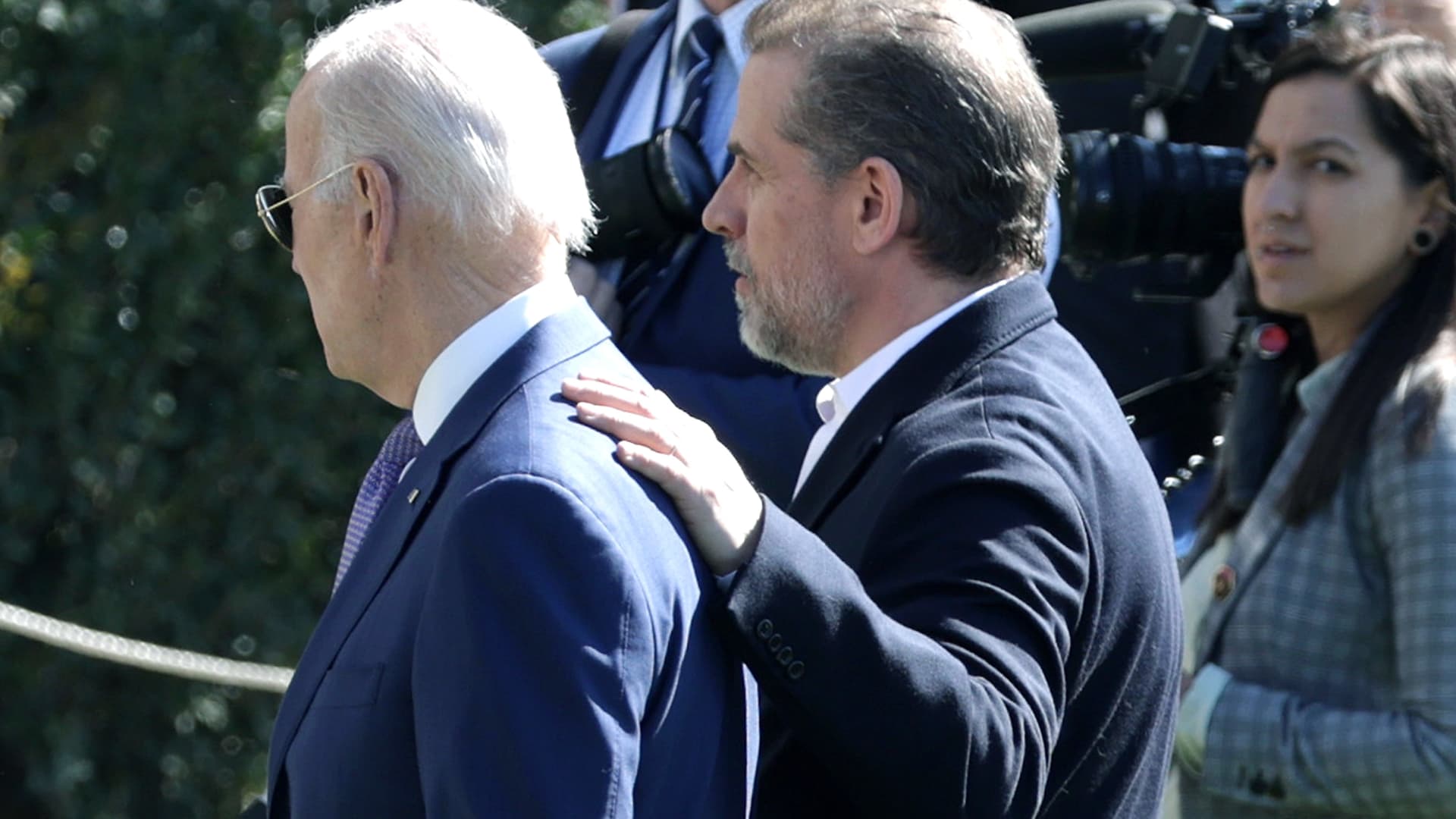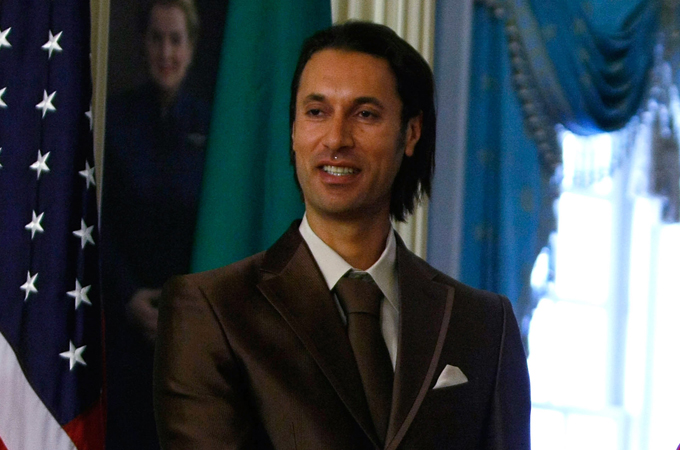2005 to be Middle East’s Year of Elections
People in Palestine, Iraq, Saudi Arabia, Egypt, Iran, Lebanon and Yemen will be voting this year. The elections in Palestine and Iraq are particularly significance in terms of US plans to democratize the region, but experts say that elections carry the risk that governments may reinforce their powers rather than conducting democratic elections. Salahaddin Hafiz, a columnist for Egypt’s Al Ahram newspaper, summarized the developments by saying: "When one looks at these elections, one might think that the Arab world is experiencing a democracy spring with reform and flowers of change, but the reality is that democracy is not the issue in Arab elections."
It seems certain that Palestinian Liberation Organization (PLO) leader Mahmoud Abbas, also known as Abu Mazen, will be the winner in the first elections to be held following the death of legendary Palestinian leader Yasser Arafat. Experts say the Palestinian elections on January 9th will be successful in terms of democracy, but Marwan Barghuti, a former leader of Al-Fatah who is serving a lifetime sentence in Israel and a major rival to Abbas overshadows the elections. The elections are perceived as a new hope that the Middle Eastern peace process will be settled.
In Iraq, the second nation in the regions to hold elections while under occupation, there is absolute uncertainty. Details about the elections remain unclear and there is no plan to cope with the possibility of chaos following the elections. Iraq is facing its first democratic elections in history since Saddam Hussein was overthrown on April 2003. US President George W. Bush says Iraq will set an example for the entire Arab world, but the strong possibility that a Shi’ite administration may take over the government after the elections is the topic of serious discussions among regional Sunni states. According to experts, Shi’ite control of the government in Iraq may cause a domino effect in the region and other countries with Shi’ite majorities, such as Saudi Arabia, Qatar and the United Arab Emirates, may be concerned. Regional neighbors are also concerned that Sunnis have announced they will not participate in the elections under occupation. The elections are scheduled for January 30th an an overwhelming Shi’ite victory is expected.
Within the context of the US Extended Middle East Plan (EMEP) revealed early last year, Saudi Arabia will also be holding local elections for the first time since 1960. The municipal elections, in which only men will vote, will be held on February 10th. As one of the nations targeted in the EMEP, Saudi Arabia had previously announced it would introduce some democratic regulations and that local elections would be one of their first projects.
Egypt, a leader in the Arab world, is preparing to hold a referendum on a possible fifth extension of Egyptian President Husnu Mubarak’s six-year term of office in October. In addition, claims that Mubarak, who has been in power for 23 years, is preparing his younger son Cemal for the position raised intense concerns about Mubarak’s application for another extension from opposition parties and human right organizations in the country. The parliament, which is controlled by the ruling party in Egypt, presents a candidate to referendum and the people vote either "yes" or "no". Mubarak usually receives 99 percent of the ballots. In the 1999 referendum, Mubarak had the support of 94 percent of voters.
Iran, which has been defined as a point on the "axis of evil" by the US, is also going to the polls for presidential elections on June 17th. The election is significant because it will determine who will replace reformist President Mohammed Khatemi, who was elected twice in 1997 and 2001. A conservative victory over reformists in the parliamentary elections last year has made June’s elections critical.
Also this year, deputy elections in Lebanon and deputy and presidential elections in Yemen will be held. Kingdoms or families govern the majority of these countries. Some regional governments not ruled by a monarchy manage to stay in power for a long time due to strong intelligence and detective networks.



